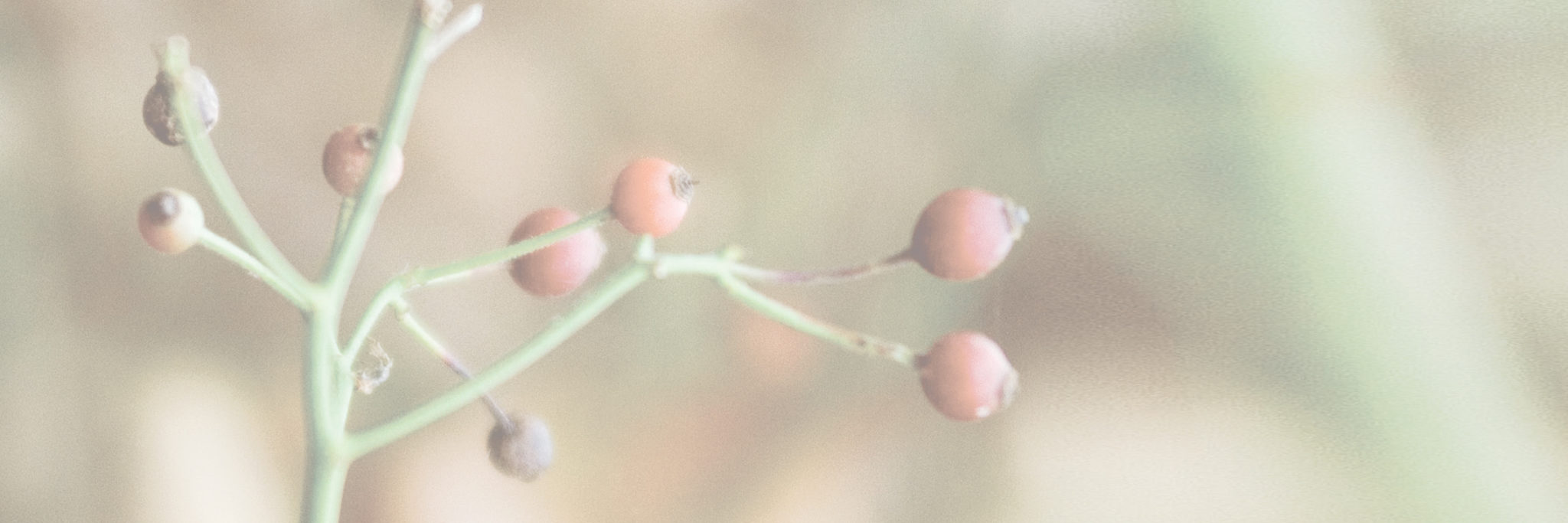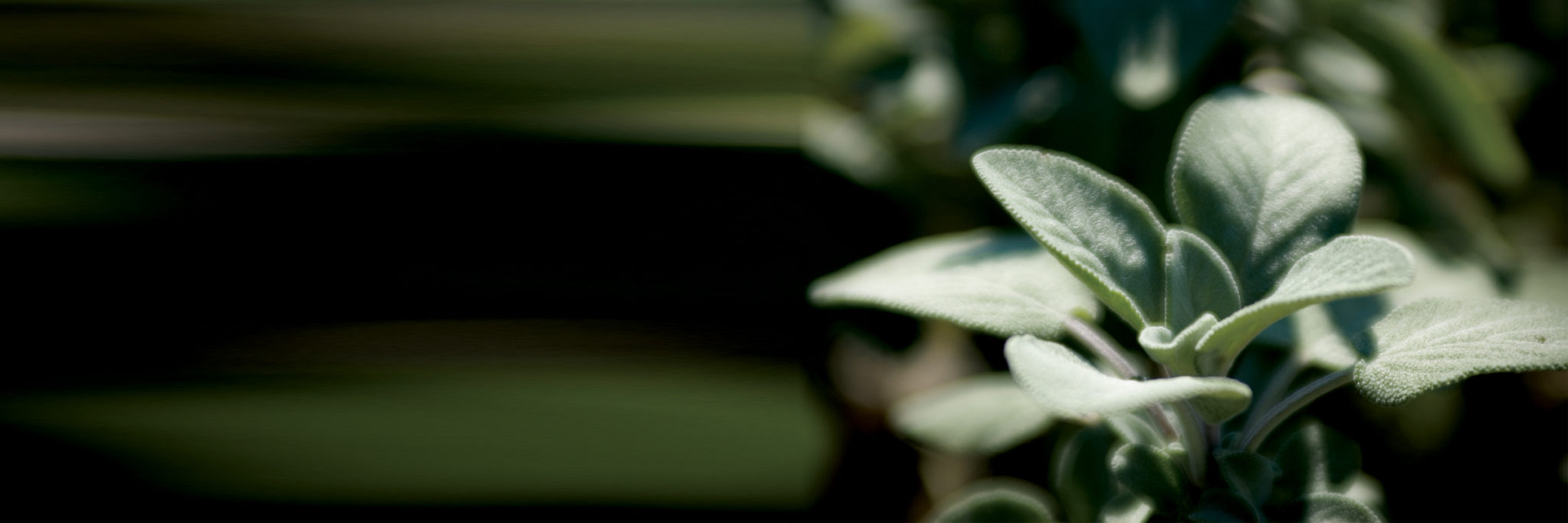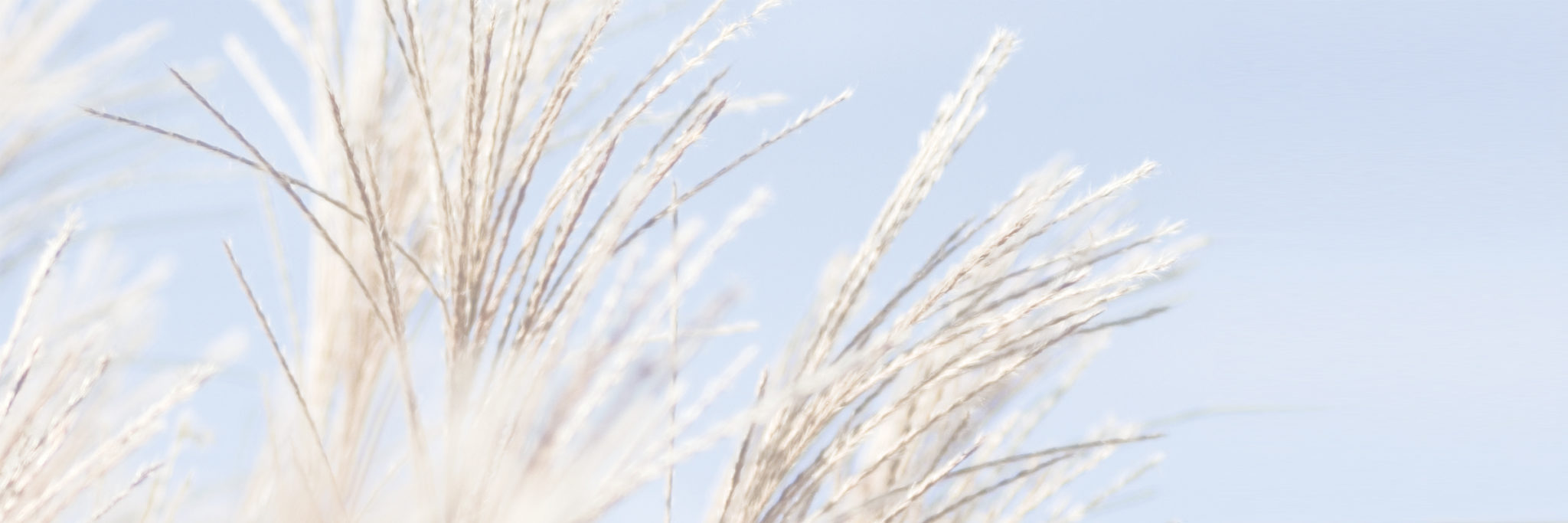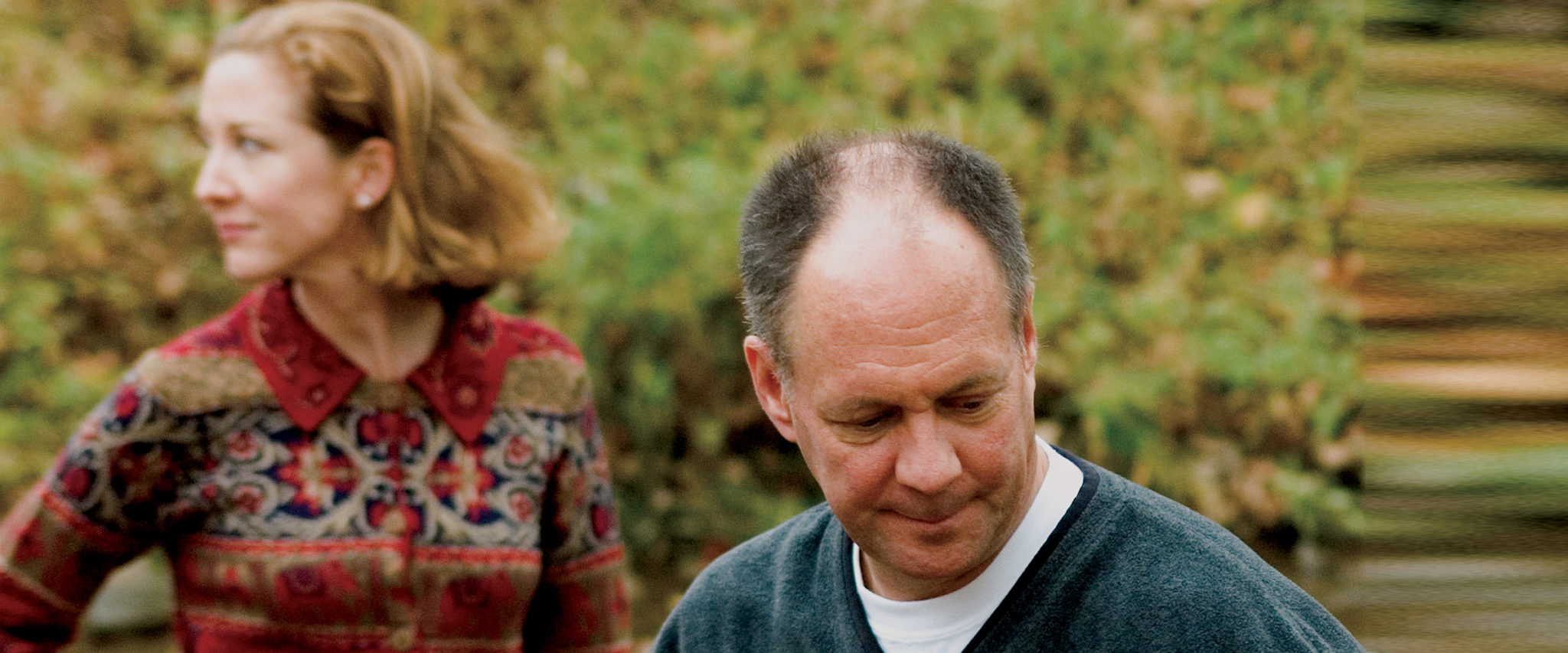When Ann Townsend ’85 was a student at Denison, the venerable English professor Paul Bennett introduced her to the two loves of her life: poetry and the poet David Baker. After obtaining a doctorate in the first at Ohio State University, she married the second. In 1988 they came back to Granville to teach at Denison, and to cultivate a shared life of reading and writing, raising their daughter Katherine (now 14), and tending the several acres of land around their country home. Both Townsend and Baker come from gardeners and farmers, and they find inspiration for much of their poetry in plants and animals and earth, in addition to loves and labors of the human world. “There’s a great cross-pollination between the life of a garden and the life of a mind,” Townsend says. “You always end up pulling together two or more different things that don’t have immediately visible connections.” Poetry and gardening are similar endeavors, Baker adds. “It’s all the same impulse—to make something beautiful and well,” he says. “Poems, like plants, are fragile, delicate, minute, strange. But good ones are extremely powerful and long-lasting.”
Baker’s work lives on in ten critically-acclaimed books, including eight books of poetry—Laws of the Land, 1981; Haunts, 1985; Sweet Home, Saturday Night, 1991; After the Reunion, 1994; The Truth about Small Towns, 1998; Changeable Thunder, 2001; Treatise on Touch: Selected Poems [UK], 2005; Midwest Eclogue, 2005. Like her husband, Townsend has been published in many of the country’s finest journals. Her first book of poems, Dime Store Erotics, was published in 1998 and won the Gerald Cable Poetry Prize; her second, The Coronary Garden, was declared “must-read” poetry by Ms. magazine for 2005. They kindly shared samples of their work for publication in this magazine.

The Spring Ephemrals
By David Baker
Here she comes with her face to be kissed.
Here she comes lugging two plastic sacks looped over her arms and stuffed
with fresh shoots. It’s barely dawn. She’s been out
for an hour already, digging up what she can save
before developers raze the day’s lot sites and set woodpiles
ablaze. That’s their plan for the ninety-plus acres.
She squats in the sun to show me wild phlox
in pink-running-to-blue, rue anemone, masses
of colt’s foot, wild ginger, blood root and may-
apples, bracken and fiddlehead fern—ferns being not
spring ephemerals per se, but imperiled by road graders
come to shave the shaded slopes where they grow.
Once I held her in a snow cover of sheets. Wind beat the world while we listened. Her back was a sail,
unfurling. She wanted me to touch stitches there, little scabs, where doctors had sliced the sick cells
and cauterized her skin for safety’s sake.
Now her hands are spotted by briars, bubbles of blood
daubed in brown. She’s got burrs in her red hair. Both sleeves are torn. She kneels as the sunlight
cuts through pine needles above us, casting a grid like the plats the surveyors use. It’s the irony
of every cell: that it divides to multiply.
This way the greedy have bought up the land
behind ours to parcel for resale at twenty-
fold what they paid weeks ago.
It’s a race to outrun their gas cans and matches,
to line the path to our creek with transplants
of spice bush, yellow fawn lily, to set aside space
in the garden for the frail. She adjusts the map
she’s drawn of the tumbling woods—where each
flower and fern come from, under what tree, beside
which ridge. Dysfunctional junctional nevus:
a name like a bad joke for the growth on her skin,
pigment too pale for much sunlight. Drooping trillium, she says, handing me a cluster of roots, unfolding leaves—
rare around here. How delicate, a trillium,
whose oils are food for ants, whose sessile leaves are
palm-sized, tripartite. They spread a shadow over
each stem’s fragile one bloom, white in most cases,
though this one’s maroon. This makes it rarer.
It hangs like a red bell safe from the sun. It bends
like our necks bend, not in grief, not prayer,
as we work with our backs to the trees, as they burn.

The Mowers
By Ann Townsend
I’m looking at the intersection at the intersection oh at you, where, caught in sunlight, fabric adorns you.
Muscles shifting beneath skin, tendons maxed out at their task—you’re only scything the field’s fallow grass
down to stubble but I grow my fingernails long so they may graze you and I paint them pink to glow against your tan—
thigh to kneecap Who knows why we love each other this way?Your shout of laughter,
it arcs to me across the hillside where I weed away chicory, other rifts of green and the stinging
nettle, its rosary of pain. and cross over to you, bearing a stigmata,
red’s rising tide.
Slant Cut
By David Baker
Our botanist neighbor’s new divorce has
damaged her, she says, in ways she hardly
comprehends. She’s helping me cut a path
through the acre of wasteland to my creek.
She calls it mutualism, whereby
each thing takes part in the well-being of
each other thing within its local sphere.
The other name for this phenomenon
—she hacks a branch—is sympathetic
biozone, meaning, as we know, our back-
woods briars are a self-supporting wild
system. Meaning pawpaws grow tall here
among bramble roses, dense grapevines, throned
haw and needle locust, and bear their fruit
richly out of reach above the tangle.
I can tell she doesn’t want to show how
much she hurts. She’s been my friend for years
and whacks—that asshole—a chunk of bramble.
It’s taken us two days, so far, three shirts
shredded, leather gloves and jeans despite
the stupid heat, to find the way to cut
through the crap isn’t to slice straight into
the stalks and vines. Hit the ropy stems,
the muscle mass of haw and grape, straight across,
and machetes bounce as off a rubber wall.
You’ve got to make the cut acute. Off
the thorny sections fall, sliced along the slant—
even still, locust and ivy will wrap
around themselves until you ream them out
by hand and drag the mess to your burn pile.
At least the pawpaw lops off like a piece
of willing meat. That’s the horror. Something
always eats a system from within.
All I want is a path down to the creek
where my daughter can hide more easily
among the stones, hunt crawdads, sing the songs
she likes to make up when she’s alone, or
thinks she is. There’s one about a groundhog,
I tell my friend, who’s slumped against a trunk,
bleeding from a cheek. It lives in these woods.
It takes its babies up a tree at night
to watch the stars, and sometimes they sprout
red wings. They fly away. They don’t return.
That part breaks my heart, I tell my friend. She
tells me back—whack—I know just what you mean.

Mouse’s Nest
By Ann Townsend / after John Clare
All dark, and my feet against
the feed room floor
scuff cement, find their way
to the light,
the switch, which flares on
with a snap of bird-
wings’ nimble shuffle
and flight, the rafters
blowing off feathers,
then my hands against
the grain bin’s aluminum lid, lifting it,
the sweet molasses
inhalation
and the mice unfold
in the sudden burn,
a nest of them,
new ones still hanging on
to the mother’s teats
as she rings the bin
with her fear
and as each falls away, grain
takes them, soft ones,
all spinning skin and squeak
until, no way out,
she stops and stares up
at me, stilled above her,
as if to ask
a question,
babies now abandoned
to the chaff; she doesn’t hear them
but fixed
her round red eyes on me,
her eyes just like
the crimson-topped pushpins
in my heart-shaped
pincushion,
but hers pulse with real life
and that is the viscera,
where revolt
begins as the work of wings
in the throat
so with a shudder
my hand apprehends
the scoop
and spoons them furiously out
the open door,
into snow melt,
first light, grains scattering
with the bodies,
grain wriggling with the life
that feeds on it.
My breath’s a scattershot.
an arrow, her answer.
Now, breeze:
silence wisping in the barn

